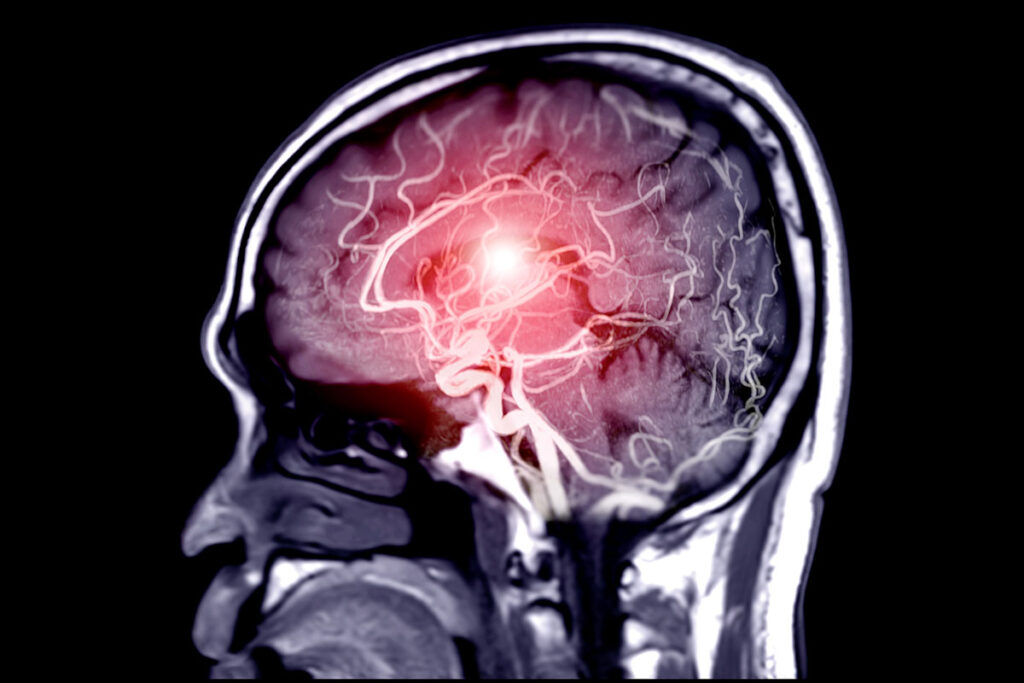A new study has prompted scientists to reconsider a once-popular yet controversial idea in stroke research.
Neuroscientists believed that, in the aftermath of a stroke, calming overexcited neurons might prevent them from releasing a toxic molecule that can kill neurons already damaged by lack of oxygen. This idea was supported by studies in cells and animals, but it lost favor in the early 2000s after numerous clinical trials failed to improve outcomes for stroke patients.
